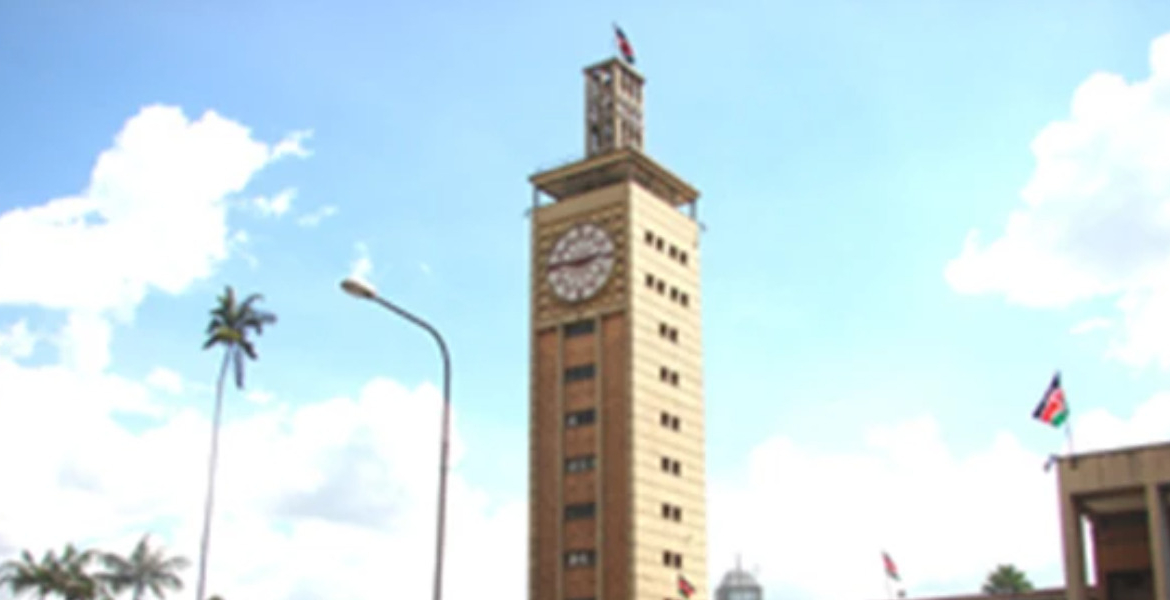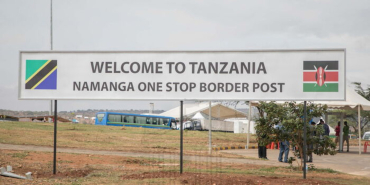MPs Insist IG Kanja Must Answer Publicly on Police Reforms

Kenya’s Parliament has rejected Inspector-General of Police Douglas Kanja’s request for a closed-door session with lawmakers, insisting he appear in public on 16 September to address concerns over stalled police reforms.
Mr Kanja had asked for a 21-day postponement and proposed that his appearance before the Constitution Implementation Oversight Committee be held in private. However, the committee, chaired by Suba South MP Caroli Omondi, declined the request, calling it untimely and inappropriate given the significance of the issues involved.
“We have looked at his letter and taken exception to the belated request for rescheduling the meeting. We reiterate that the committee meeting with Mr Kanja will be in the presence of the media,” said Mr Omondi.
The committee also criticised the manner in which Mr Kanja submitted his request, saying he bypassed parliamentary procedure by addressing the letter to the Speaker rather than the Clerk. Lawmakers viewed this as a breach of protocol and an attempt to undermine the committee’s authority.
At the centre of the standoff is the failure by the National Police Service (NPS), led by Mr Kanja, to transfer control of the police payroll to the National Police Service Commission (NPSC). The commission, established under Article 246 of the Constitution, is mandated to manage police recruitment, promotions, and disciplinary matters. Control of the payroll is seen as essential to exercising that mandate effectively.
Despite previous commitments to the Public Accounts Committee, the payroll remains under the NPS. The Auditor-General’s 2022/23 report raised concerns that the commission’s lack of access to payroll data limits its ability to verify staff movements and undermines transparency in personnel management.
MPs argue that retaining payroll control reflects broader resistance to constitutional reforms separating command operations from human resource functions. Nambale MP Geoffrey Mulanya warned that Mr Kanja’s actions are obstructing progress.
“Mr Kanja must come and explain why he is sabotaging the commission and why reforms have stalled. Requesting 21 days is simply buying time,” he said.
The committee further noted that repeated absences by Mr Kanja and his deputies from NPSC meetings have made it difficult for the commission to conduct business. This, MPs said, has disrupted the commission’s work and affected morale within the police service.
NPSC Chief Executive Peter Lelei has also accused the NPS of blocking the commission’s efforts to carry out its constitutional mandate. His concerns echo those raised in the Auditor-General’s findings.








Add new comment